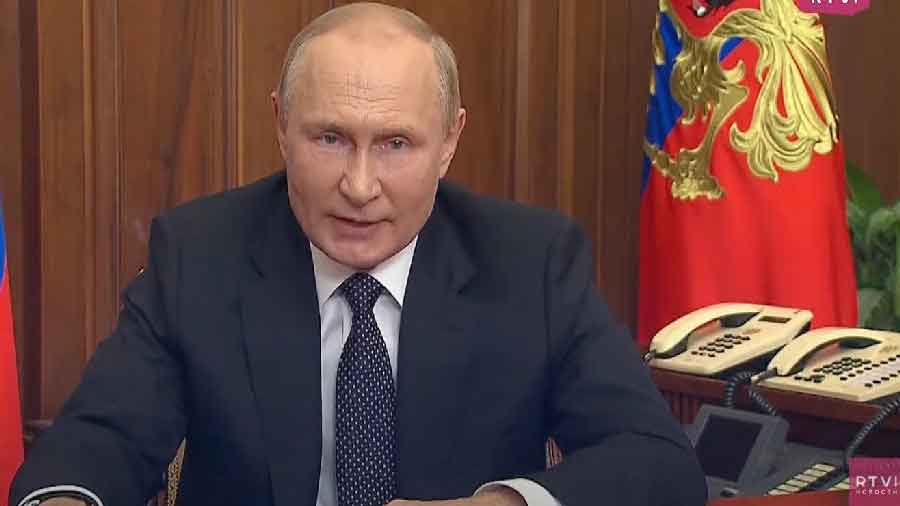
Doval’s scheduled visit underscores India’s nuanced stance on the Ukraine conflict. While refraining from direct criticism of Russia, New Delhi has consistently called for dialogue and peace, urging for an immediate cessation of hostilities. India’s relations with Russia, marked by decades of defense and energy partnerships, place it in a delicate but strategic position to influence negotiations without alienating either side. Analysts see Doval’s visit as a deepening of India’s role in brokering peace, potentially expanding the dialogue initiated by Modi.
This latest diplomatic effort is seen as part of a broader strategy. Modi’s engagement with Putin included discussions on a range of bilateral and global issues, with the Ukraine conflict being a priority. Modi’s comments during his July visit, emphasizing that “this is not an era of war,” aligned with India’s call for peaceful resolution through diplomacy, resonating globally as nations grapple with rising energy prices and food security concerns resulting from the ongoing war.
NSA Doval’s trip also follows his active participation in other global dialogues surrounding the Ukraine conflict, including meetings with key Western officials. His upcoming meetings in Russia will likely address both the humanitarian crisis and the broader security concerns in the region. Doval’s diplomatic expertise and India’s longstanding ties with both Moscow and Western powers position New Delhi as a unique mediator capable of balancing complex geopolitical dynamics.
As the Ukraine conflict drags on with little indication of resolution, international efforts to find a diplomatic solution are intensifying. India's positioning in these peace efforts has grown more significant. The role Doval may play during his Moscow visit could be pivotal in determining how the next phase of peace talks proceeds, particularly if he leverages India’s historical relationship with Russia to bring new insights to the negotiating table.
The broader global impact of the war has also forced nations to recalibrate their foreign policies. For India, this presents both challenges and opportunities. With Western sanctions on Russia tightening and energy markets becoming more volatile, India's role as a peace mediator could help stabilize these critical global issues. India's continued neutrality in the conflict has allowed it to maintain relations with both the West and Russia, and Doval’s visit will likely emphasize this balancing act.
As anticipation builds over the outcomes of Doval’s visit, there is significant international attention on how this mission fits into India’s larger foreign policy agenda. New Delhi’s proactive engagement with Russia, while maintaining dialogue with Ukraine and Western allies, showcases India’s diplomatic agility in navigating the complex global landscape.
With global leaders seeking more concrete peace frameworks, Doval’s meetings in Moscow may bring fresh momentum to ceasefire negotiations. The continued focus on humanitarian relief, security cooperation, and energy stabilization will be key areas for discussion. Russia’s willingness to engage in such dialogues with Indian intermediaries will also be closely watched, given India’s non-aligned stance throughout the conflict.
